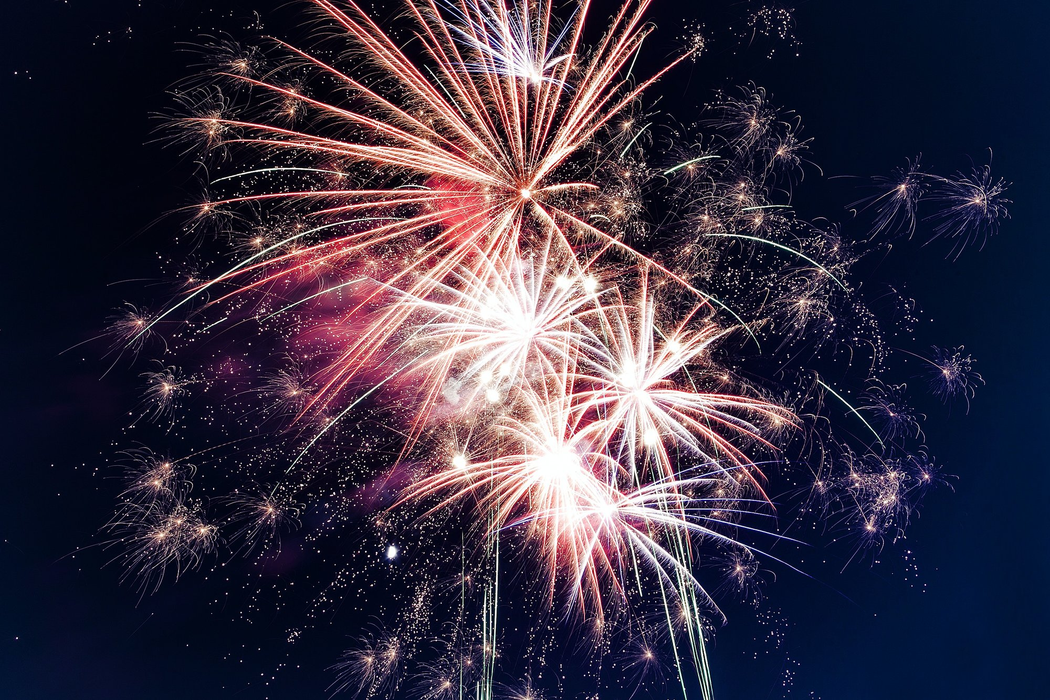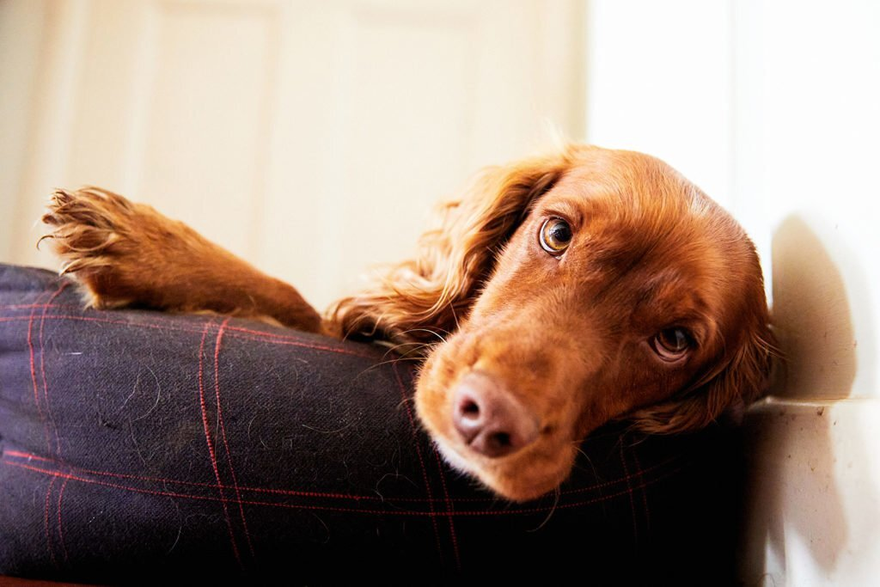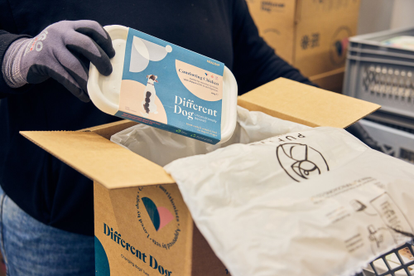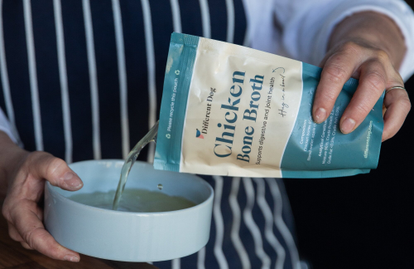

This week our vet Alison talks us through how we can help our dogs during firework season and keep them happy and safe.
Many dogs show a fear response to loud noises, such as fireworks. This may be a normal response to an abnormally loud noise or it could be that a noise phobia is developing.
Signs of stress and anxiety include refusing to eat, trembling, panting and barking. Some will cling to the owner but more often than not, dogs will try to run away or hide. Some will exhibit destructive behaviour, perhaps chewing at furniture and some may soil the house.
These fear responses may be temporary and reduce as the dog gets used to the sound. However, some dogs will become sensitised to the sound, so that responses increase with repeated exposures and a sound phobia develops.
Sound desensitisation
Sound desensitisation is the gradual exposure to the sound at a level below where the dog reacts; the volume is slowly increased over weeks as the dog continues to not react.
Dogs generally respond very well to sound desensitisation therapy but it takes time and you must plan the desensitisation program well in advance of any expected fireworks.
Be sure to choose times when your dog is calm and settled to implement the therapy. The Dogs Trust has a very useful desensitisation program on their website to download, called ‘Sounds Scary’. In an independent study over 90% of dogs showed desensitisation in 8 weeks, although some did take longer to respond
With November 5th fast approaching, time for desensitisation is limited and you may well now need to concentrate on keeping your dog safe this firework night and doing the best you can to help them through.
Keep your dog safe
On evenings that fireworks are expected, walk your dog early to avoid being out and more exposed to the fireworks after dark. All dogs should be microchipped and make sure your dog’s identity tag is present and correct, in case of an escape. Once home, keep doors, windows and curtains closed and play music as a distraction from the noise outside.
Create a calm and cosy refuge
Make sure your dog has a cosy and safe place to escape to in the home- often a familiar, quiet and dimly lit room will be more comforting. In the weeks leading up to fireworks make sure they enjoy this space by encouraging, but not forcing them, to spend restful time there and giving treats and affection in this space to reinforce a positive association. Make the refuge as cosy as possible with bedding and familiar smells.

Ask your vet about Pheromones
Pheromones are natural chemicals produced by animals, some of which can reassure and reduce anxiety. Synthetic copies of these pheromones -as diffusers, sprays, collars and tablets have been made and shown to reduce fear and anxiety in dogs. Speak to your vet about the use of pheromones and possibly medications to help your dog through this anxious period, always making sure you use them according to instructions. Preferably install a pheromone diffuser in their den a couple of weeks prior to the expected fireworks.
Don’t add to your dog’s stress!
If your dog becomes anxious and fearful with the onset of the fireworks, try not to respond. Getting cross or trying to persuade them it’s not a problem will not help!
Encourage them go to their cosy den, knowing that you are near by and there for support. Remain happy and unaffected by the sounds and only once they start to relax, give them attention and affection.
Sound phobias detract from dogs’ quality of life and it is best to seek professional advice to deal with the issue, rather than ignoring the problem or hoping it will get better.


Join The Pack
Receive exclusive offers, tips and tricks from our vet.
